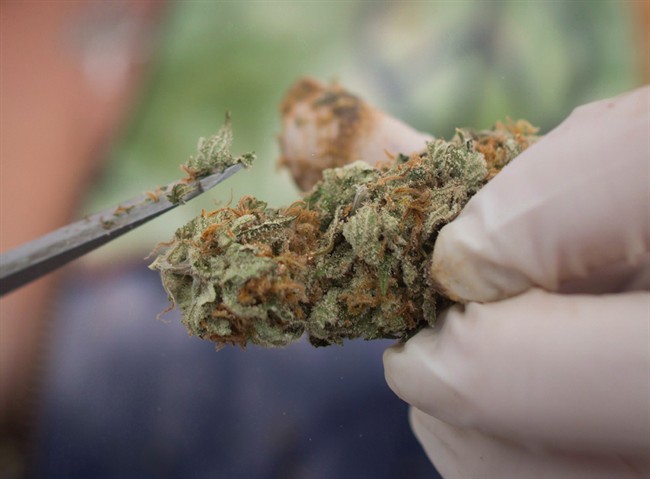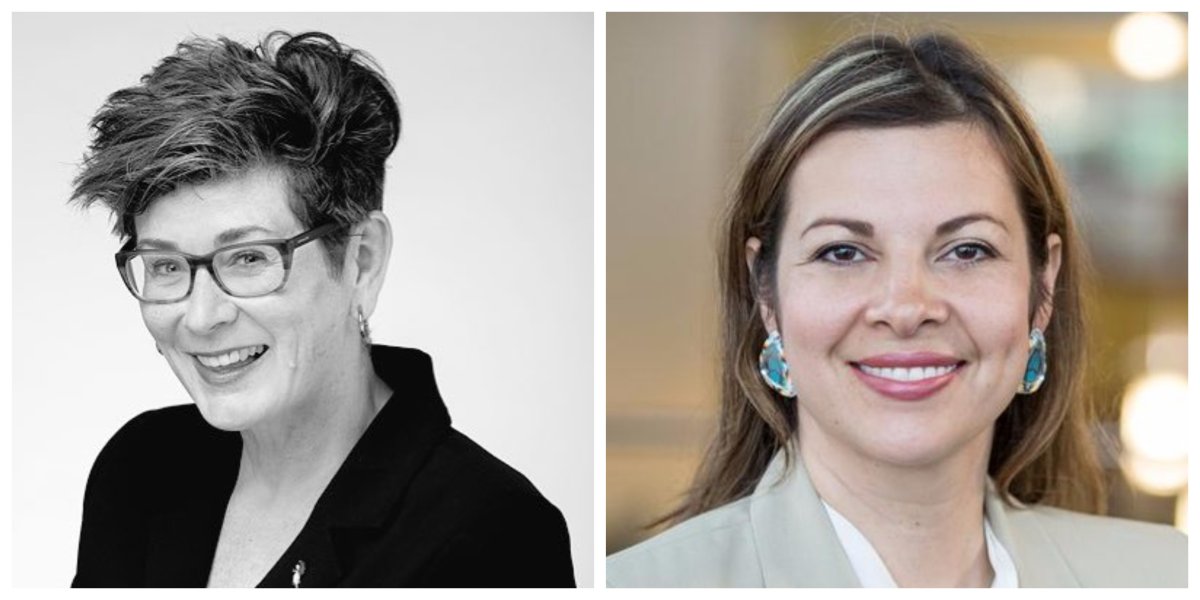Red River College thinks it’s high time for students to get into the cannabis industry.

The college is set to offer Cannabis 101, an eight-week program through its School of Indigenous Education. It’s the first such program in Manitoba.
RRC’s Executive Director of Indigenous Strategy told 680 CJOB Thursday that Manitoba is in a unique situation, with six First Nations in the province having been granted retail licenses.
“Our role at the college is making sure we’re developing the workforce that’s necessary for industry to grow into this new area,” said Rebecca Chartrand.
“We’re going to need people in retail with recreational dispensaries opening up.
“Some people think if you have experience in retail, that’s it, but what we really need is to develop the skill set so that people have the knowledge to help inform people of what they’re purchasing – the effects, the impacts, the varying levels between THC and CBD.”
The impetus behind the program was a summer meeting between the school, leaders from Manitoba’s Indigenous community, and industry stakeholders.

Get daily National news
Chartrand said that in addition to education and preparing students for careers in the new industry, there’s a cultural relevance to a business that revolves around natural medicine.
“We have a wealth of knowledge as Indigenous people that is very land-based,” she said. “When we think about food as knowledge, or the knowledge that has been here prior to European contact, a lot of that fed into pharmaceuticals and the medicines we use today.”
Dr. Shelly Turner, Chief Medical Officer at Saskatchewan-based One Leaf Cannabis Corp., will be teaching the course. She said there are some misconceptions that need to be cleared up about a pot-based course.
“Contrary to popular belief, it’s not about rolling joints or learning how to smoke from a bong,” Turner told 680 CJOB.
“I think that’s one of the biggest misconceptions – ‘oh, that’s Dr. Turner prescribing cannabis and everyone’s getting rip-roaring high.'”
Turner said her experience as a doctor has been that many patients have told her they tried pot as teenagers, but had a bad experience because they got too high and felt sick.
She attributes that experience, as well as statistics about increased motor vehicle accidents and hospital visits in some US states, to a lack of education about how to properly take the drug.
RRC is also hosting a one-day cannabis conference prior to the program’s launch. It takes place Oct. 19, and will include medical doctors, industry partners, and Indigenous leadership.
“My role at the college,” said Chartrand, “is to ensure we’re building those partnerships with First Nations and Metis communities to make sure we have equal opportunity.”
WATCH: Manitoba hotels taking second crack at cannabis RFP










Comments